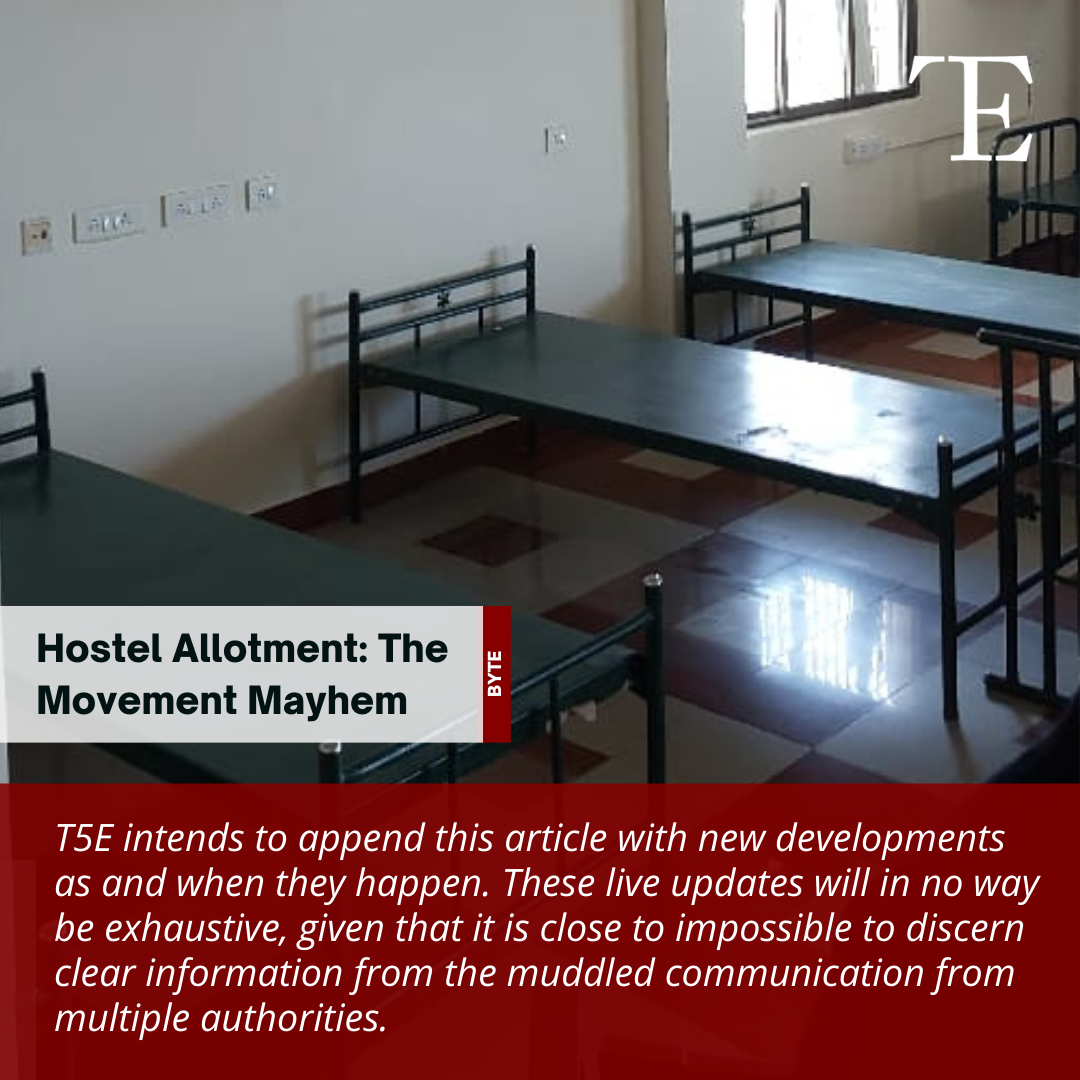
In the recent elections, India delivered its clearest mandate till date, with one party striking claim to the largest democracy on earth, and the entire nation turning to one man to break the monotony of the last decade. Yes, the 2014 election made Narendra Modi the single most powerful man in India, and change became the most sought-after commodity.
Six months into the BJP term, maybe it is time that we ask, ‘Has the 2014 election really changed India?’ It was on this very topic that a talk was delivered on the 17th of January this year by Padma Shri Rajdeep Sardesai — journalist, author and former editor-in-chief of the IBN18 network. He has also recently published a book titled ‘2014: The Election That Changed India’. The talk, held as part of the Extra Mural Lecture series, was held at the Central Lecture Theatre, and ten minutes before the scheduled time, the place was absolutely packed — literally every square inch of CLT was used, with people sitting on the steps, standing along the sides and even sitting on the dais!
The talk began with Mr. Sardesai pointing out that the 2014 election was historic both for its outcome – a clean sweep by a non-Congress party — and also for the way in which it was fought. For the first time, the battle was waged more in the media than in the maidan.

This shift, he opined, was a direct consequence of the demographic change taking place in India, where youths would account for no less than a third of the population. Mr. Modi understood that he needed to win over a younger country, and so he set about creating a national image that appealed to this audience. This was a brilliant move, he pointed out, because the age group of 18 to 23 had no memory of the riots of 2002, and all they wanted was a leader who communicates, and one who identifies with their aspirations. It is true that when Mr Modi communicates, it is rather one-sided, and that there is no room for questions, Mr. Sardesai added. But still, he was able to create a sense of optimism, which was a welcome change from the negativity that had gripped the nation for the past few years. Modi, he quipped to much laughter, was a combination of Sri Sri Ravishanker and Arnold Schwarzenegger.
Modi’s campaign was helped in no small way by the other side. From a ‘silent prime minister’ to a young leader who, in Mr Sardesai’s words, ‘never lost an opportunity to lose an opportunity’, they represented a stagnant government that the nation was tired of. Narendra Modi’s victory was in being able to connect with the nation, according to him. Using brilliant marketing strategy, painstaking micromanagement, and the social media like never before, he was able to project himself as a self-made man (we all remember the chai wallah story), as a man of action, and as a man who understood the aspirations of a younger India.

Mr. Sardesai then turned to a topic that seemed close to his heart — the role of the media in the elections and the Modi fever that gripped the nation. In the six months between October 2013 to April 2014, he remarked, the media ‘lost all pretense of objectivity and neutrality’, and 70 percentage of the media coverage was devoted to Modi. All this, to Mr. Sardesai, revealed a shift towards what he described as ‘hashtag journalism’ — today it is all about what is more trendy, about which story will get the highest TRPs (Television Rating Points — he did not fail to point out that only a small fraction of the TVs in India were set up to record TRPs in the first place). Today, the focus is not on having rational dialogue, but on debates that will polarize public opinion and provide entertainment. What we need, he argued, is a media that does not reduce people to clichés; one that is not driven by profit, but instead serves as a platform for discussion on important issues like health and education.
A flurry of questions followed as the floor was opened to the audience. Mr. Sardesai answered all the questions — keeping his initial promise that he would skirt none — ranging from the upcoming Delhi elections to black money to the issue of paid news. It was a very engaging talk and Mr.Sardesai’s brand of humour and his often barbed wit made it all the more entertaining.
We stand together as a nation of similar aspirations, with dreams of a better future. The 2014 election was a mandate for change, for positive growth. And for that to happen, we need to create a new kind of politics. But change is not something that happens very fast in India. We are a nation that ‘lives in millennia’, to use Mr. Sardesai’s words. Whether the 2014 elections have changed India or not is something that all of us will have to wait and see. With Rajdeep Sardesai, let’s hope that ‘acche din’ are on the way!



